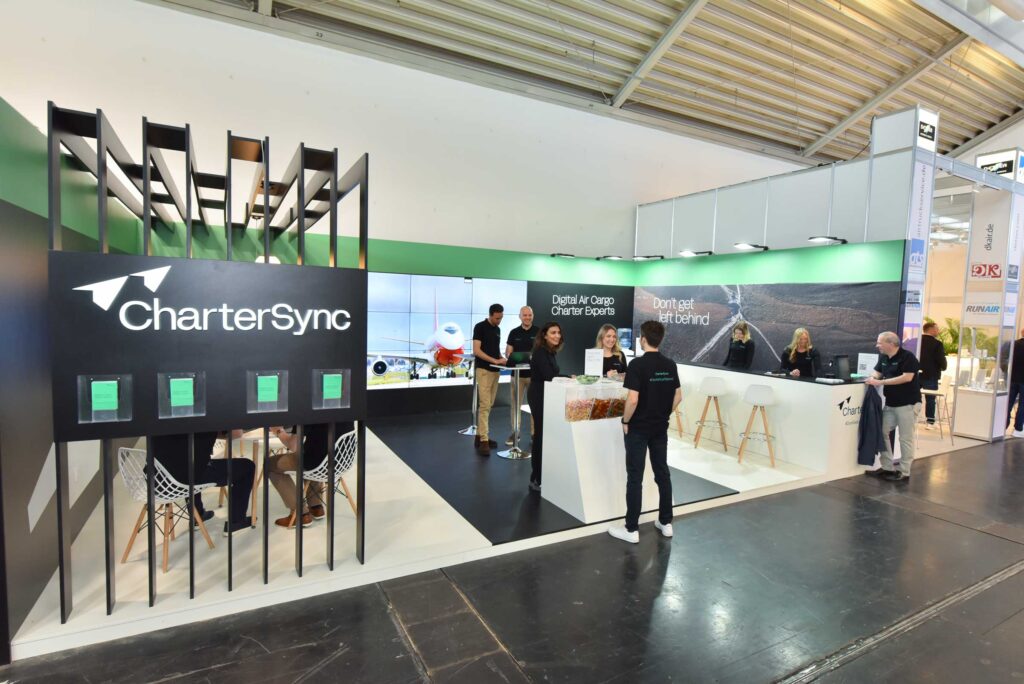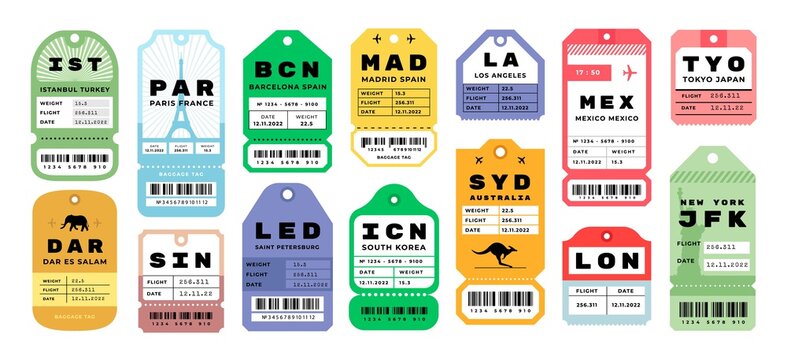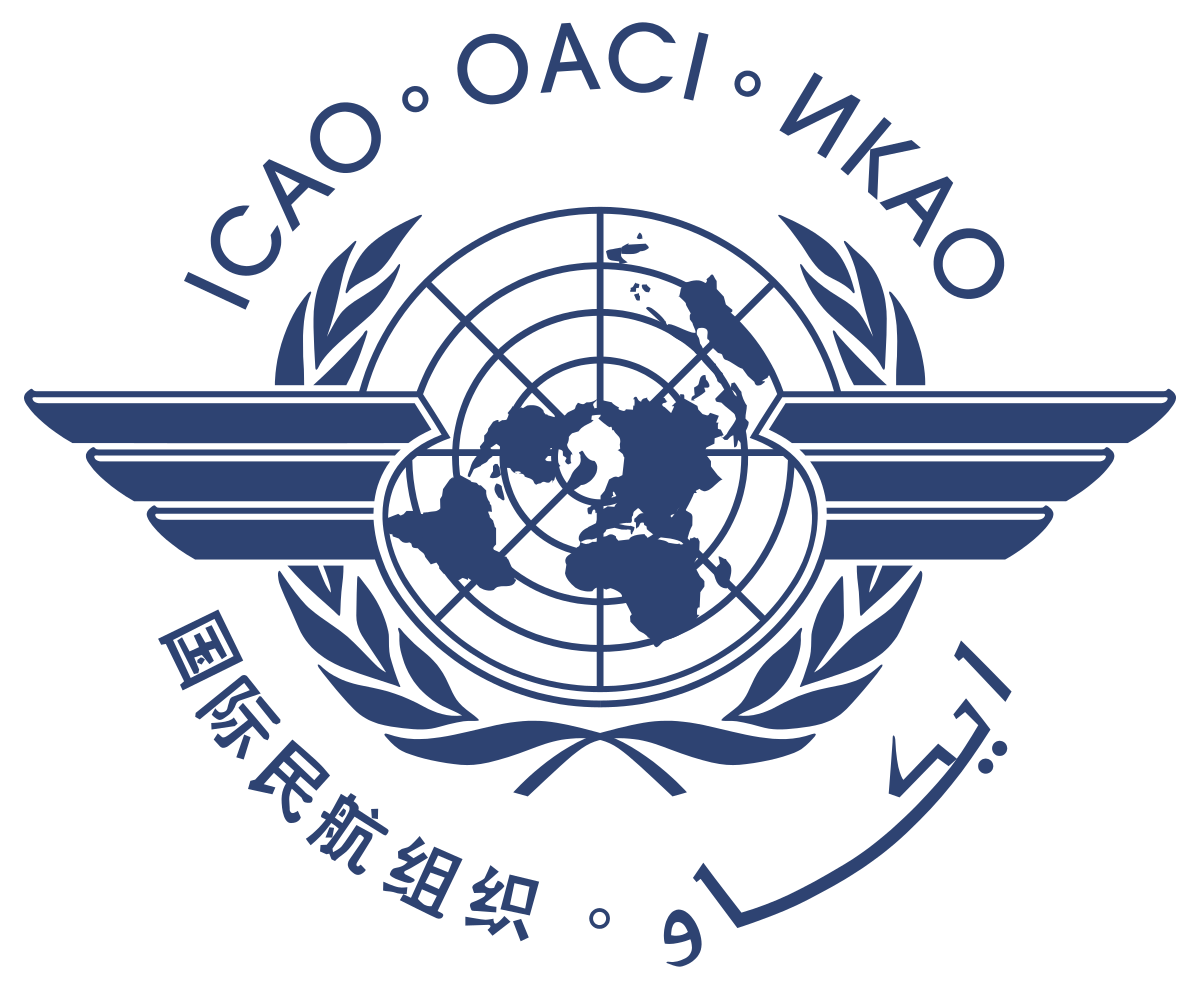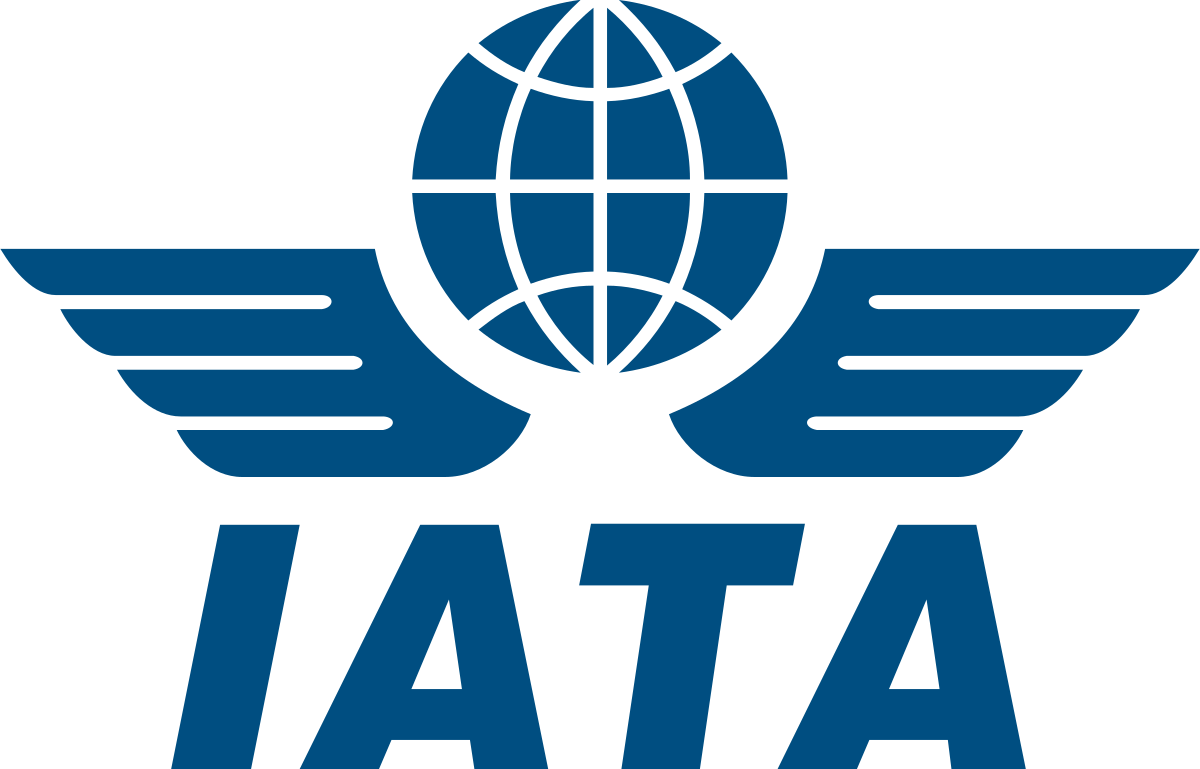Air Cargo, Industry News
Experience at Air Cargo Europe

Air Cargo Europe, the world’s leading trade fair for the global air cargo industry, recently concluded its highly anticipated event in Munich. Gathering industry leaders, innovators, and professionals from around the globe, the exhibition showcased the latest advancements, trends, and insights that are shaping the future of air cargo. As we delve into the key highlights from Air Cargo Europe 2023, it becomes clear that the industry is undergoing a significant transformation driven by technology, sustainability, and operational efficiency.
Digitalisation and Automation
Embracing the era of digitalisation, the air cargo industry showcased some excellent progress in automation and digitisation solutions. The need to adopt technology in a sector previously slow to welcome this has become increasingly prevalent amongst companies and is driving significant change in their operational strategies. Cutting-edge technologies such as artificial intelligence (AI), machine learning (ML), and robotic process automation (RPA) were at the forefront, streamlining various aspects of air cargo operations.
Yet, despite these advances, some of the sector still feel some reluctance to fully embrace digital methodologies. The thought-provoking panel discussion on the “Future of Freight – The Digital Imperative” highlighted some of the “human obstacles”. Bridging the knowledge gap between organisations and evidence of success and efficiencies becomes crucial for ensuring that businesses fully understand the implications of their technological investments. Industry stakeholders are enthusiastically embracing and adopting this groundbreaking technology.
Sustainability and Green Initiatives
Addressing environmental concerns and the need for sustainable practices took centre stage at Air Cargo Europe 2023. The industry demonstrated its commitment to reducing carbon emissions and minimising its ecological footprint. From electric ground support equipment (GSE) to sustainable fuels and alternative energy sources, numerous innovations were presented to propel the industry towards greener operations. Amongst the solutions embraced by stakeholders, the implementation of lighter-weight cargo pallets by airlines such as Finnair Cargo stands out as a noteworthy initiative to reduce CO2 emissions from cargo operations. As professionals increasingly advocate for sustainable practices, the air cargo ecosystem is undergoing a transformation, with a strong focus on environmental consciousness. This shift is driven by a growing demand for eco-friendly approaches, as stakeholders strive to create a more sustainable and responsible industry.
Data Analytics and Predictive Insights
Harnessing the power of big data and analytics emerged as a critical trend at Air Cargo Europe 2023. Advanced data analytics tools were on display, enabling stakeholders to gain actionable insights from vast amounts of data. By leveraging predictive analytics, the industry can optimise route planning, demand forecasting, and resource allocation. These data-driven approaches not only enhance operational efficiency but also enable proactive decision-making, ultimately leading to improved customer experiences and cost savings.
CharterSync’s Overview of ACE
Facilitating networking opportunities has been a core objective for this high profile cargo industry show for many years now and 2023 was no exception. Once again, for us, this proved to be an excellent gateway for us to exchange insights, foster collaboration, and build fruitful partnerships. Our innovative platform solution revolutionises air cargo charter operations. With our streamlined processes, real-time data insights, and unparalleled efficiency, the CharterSync stand attracted significant interest and praise from industry professionals and newcomers alike. The event was both productive and motivating for the future of aviation. The exposure and connections we gained during the exhibition have opened doors to new opportunities, partnerships and collaborations, and cemented many existing business partnerships.
Martyna’s experience:
As someone who is an avid aviation enthusiast, the event has been a truly enlightening experience. I have supported the team in running the stand and managing meetings. Talking and learning about the functions of the different stakeholders and expanding my knowledge has been an unforgettable experience in my journey with Chartersync. This exhibition has provided valuable context for what I have learned, allowing me to witness firsthand the prominent figures and innovators in the field. From engaging in insightful discussions with industry experts to exploring the cutting-edge technologies and solutions on display, every moment at the exhibition has been truly valuable to me.
Conclusion
Air Cargo Europe 2023 has succeeded in serving as a platform to showcase the emerging trends shaping the future of the air cargo industry. From digitalisation and automation to sustainability initiatives and predictive analytics, the exhibition highlighted the transformative power of technology, innovation and the resilience of the aviation sector. As the industry continues to adapt and embrace these trends, air cargo operations are becoming more efficient, environmentally friendly, and customer-centric. Despite the challenges felt by the market in current times, the collective efforts of stakeholders, fueled by the spirit of collaboration and innovation, are poised to revolutionise the air cargo landscape and shape a brighter future for the industry.

NEWSLETTER





